VICTORIA, B.C. — A groundbreaking program on Vancouver Island designed to destigmatize mental health and substance use conversations and connect construction workers with lifesaving resources is branching out into the rest of B.C.
More workers and companies will get access to the program thanks to a $1 million provincial grant given to the Vancouver Island ��������ion Association (VICA) to expand its Tailgate Toolkit project, a harm-reduction program to prevent toxic drug poisoning in B.C.’s construction industry.
The project was designed to reduce the stigma associated with substance use and raise awareness of pain management, pathways to treatment and other information about mental health and substance use. Funding for the grant comes from the Canadian Mental Health Association, BC Division and the Community Action Initiative.
Rory Kulmala, VICA CEO, explained they plan to leverage the province’s regional construction associations to help deliver the program and tailor resources to specific areas. These groups include the Vancouver Regional ��������ion Association (VRCA), the Southern Interior ��������ion Association (SICA) and the Northern Regional ��������ion Association. The toolkit will include training for managers and responders to recognize and provide support for people with substance use and mental health challenges, including mental health first aid, naloxone training, pain management and more.
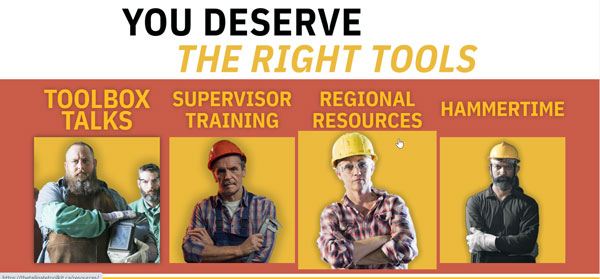
“We have leveraged our relationships with the regional construction associations to really get the message out to our industry,” said Kulmala. “And not just members, anybody involved in construction, trades, transport or that community.”
VICA has already found harm-reduction co-ordinators to be embedded with the VRCA and SICA and are working on a solution for the north. They will also provide access to print and digital resources developed in consultation with regional health authorities to highlight the harm-reduction and recovery services available to workers within and beyond their benefit packages.
“Toxic drugs take lives at a tragic rate, particularly men similar to our construction worker demographic,” said Kulmala. “The Tailgate Toolkit is really designed to reduce the shame and stigma associated with substance use.”
The core of the program is centered around the classic tailgate talks all workers are familiar with. The talks, normally used to go over the safety concerns on a jobsite, go over the safety concerns around mental health and substance use.
“We are finding that there is perhaps some apprehension going to the Tailgate Toolkit talk about opioids and harm-reduction, but we are finding that they listen and they are interested in what we have to say,” said Kulmala.
Over a dozen or so weeks, VICA hosted Tailgate Toolkit talks for more than 350 workers at Vancouver Island jobsites. Attendees received packets that had specific resources for those dealing with mental health or substance use issues.
“As the program expands, Kulmala said the team is working on making Naloxone kits available for every worker that needs one.
“We tailor the resource guides to be region-specific an also tailored to the communities that are there,” said Kulmala. “Not all communities have the social infrastructure that Vancouver or Victoria have. We started local and provide as much local support as we can and then broaden out to bigger hubs.”
The project was developed last year based on in-depth interviews with health experts, substance users and former substance users with experience in the construction industry. VICA partnered with Island Health but that funding was set to run out when the province got wind of the program and wanted to continue it and broaden it over the next 18 months.
Anybody wanting more information about the program can visit .
“We spend a lot of effort on safety to ensure that employees go home safe at the end of the day,” said Kulmala. “This is about having them come back to work safely. We want to support our construction sector and our workers.”
Follow the author on Twitter .



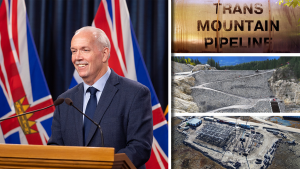
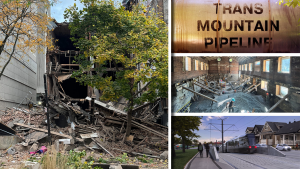


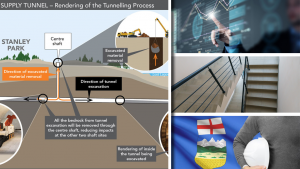


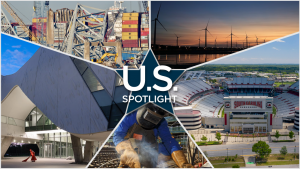
Recent Comments
comments for this post are closed